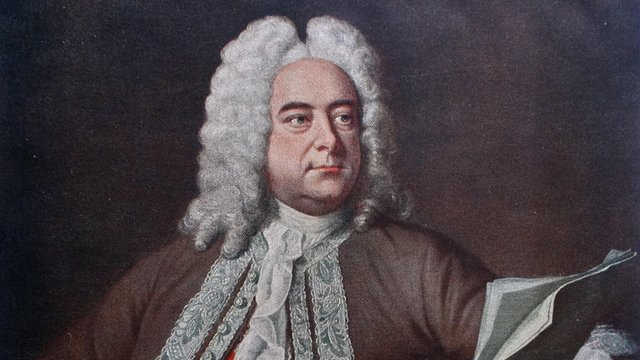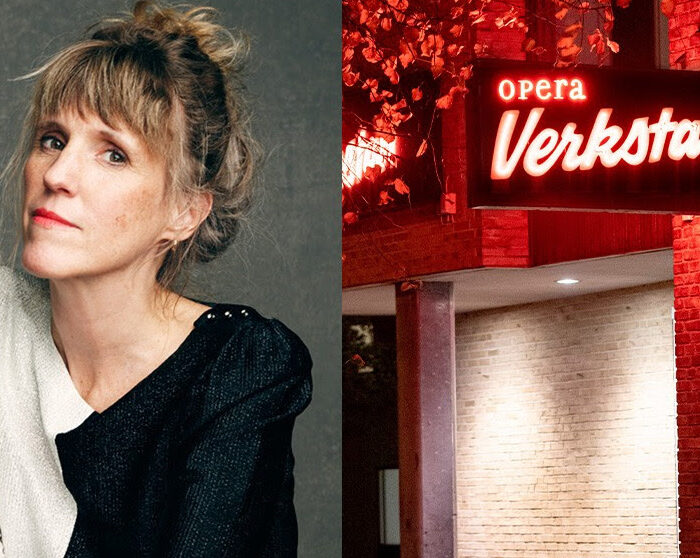
Tenor Wolfgang Ablinger-Sperrhacke Fires Back at Jonas Kaufmann Over Statement on Russian Invasion of Ukraine
By David SalazarDays after Jonas Kaufmann issued a statement about his position on the Russian invasion of Ukraine and artists’ role in it, tenor Wolfgang Ablinger-Sperrhacke has issued a statement firing back at the tenor.
In a statement sent via email to OperaWire and other publications, Ablinger-Sperrhache took Kaufmann’s initial statement to task point by point.
“Of course artists are never unpolitical and shouldn’t abstain from expressing clear political views. The condemnation of Putin’s war on Ukraine is thus a human necessity and especially artists should try to build bridges in order to make peace possible in the near future, to collect money to help alleviate the immense damages done by war and try to help fellow artists, Ukrainians and Russians, whenever possible.It’s also unavoidable that cultural-political exponents of official Russia, known advocates of war and anti-LGBTQ-legislation, like Valery Gergiev, cannot continue their careers in Western-Europe and the US but to demand implicitly from all Russian artists to risk imprisonment when they speak out against the war in Ukraine while one only risks to get applause yourself is surely not helpful. CNN, ZDF, ARD, BBC all had to stop their reporting from Russia in order to protect their personel due to the new laws,” wrote Ablinger-Sperrhache. He also went after Kaufmann’s used of Britten as an example of someone who, through “Peter Grimes,” was also expressing a neutral and apolitical perspective.
“On top of that to garnish this with a music-historically absolutely wrong analogy putting the life-long pacifist, writer of the greatest anti-war hymn, ‘War Requiem,’ which reopened the Nazi-bombed Coventry cathedral in 1962, Benjamin Britten, on the same level as Richard Strauss’s war-escapism in ‘Capriccio,’ from 1942 Nazi-Munich, is absolutely shocking, especially from a German artist like Jonas Kaufmann” wrote Ablinger-Sperrhache.”’Peter Grimes’ was first performed after the war in 1945 and due to it’s homosexual-subtext was absolutely ground-breaking at a time when homosexuals still were under the threat of imprisonment. Britten was also a close friend of Soviet dissidents and tried to build bridges after the war. His pacifism was harshly criticized during his life-time, so he has never been neutral. The thread of performing Britten’s operas cleansed of the homosexual subtext started with the evangelical Christian Jon Vickers, to whose ‘interpretation’ Benjamin Britten was strongly opposed. Of course this made Britten’s operas more ‘consumable’ for the general public but has never been the intention of the composer himself.”
Here is Kaufmann’s full statement.
Categories
News

